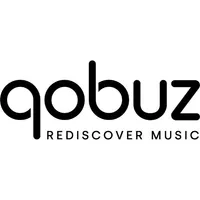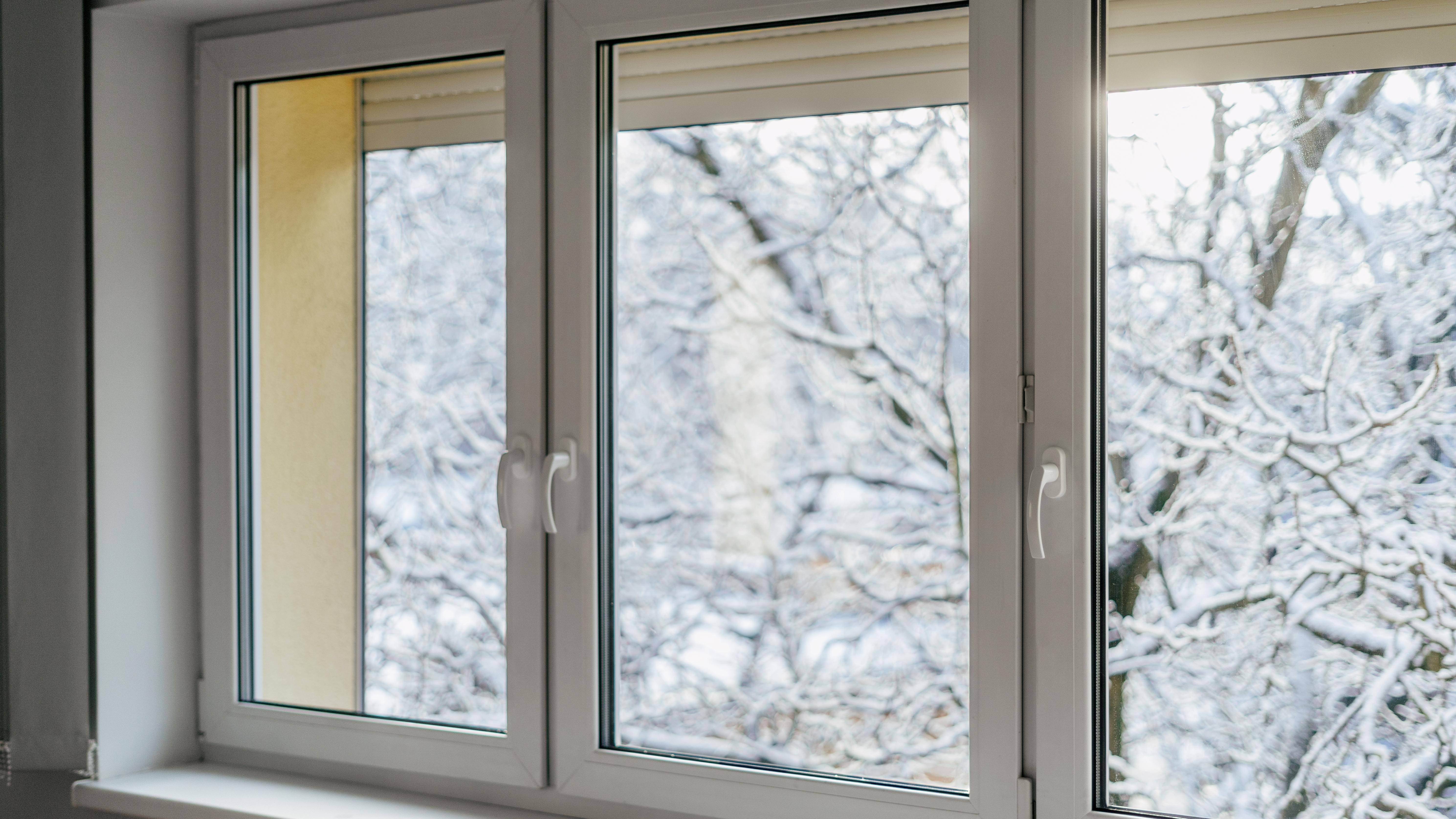Don't fall for the Spotify Lossless hype — here's the streaming service you should use instead and why
There are many better options, but Qobuz is the best
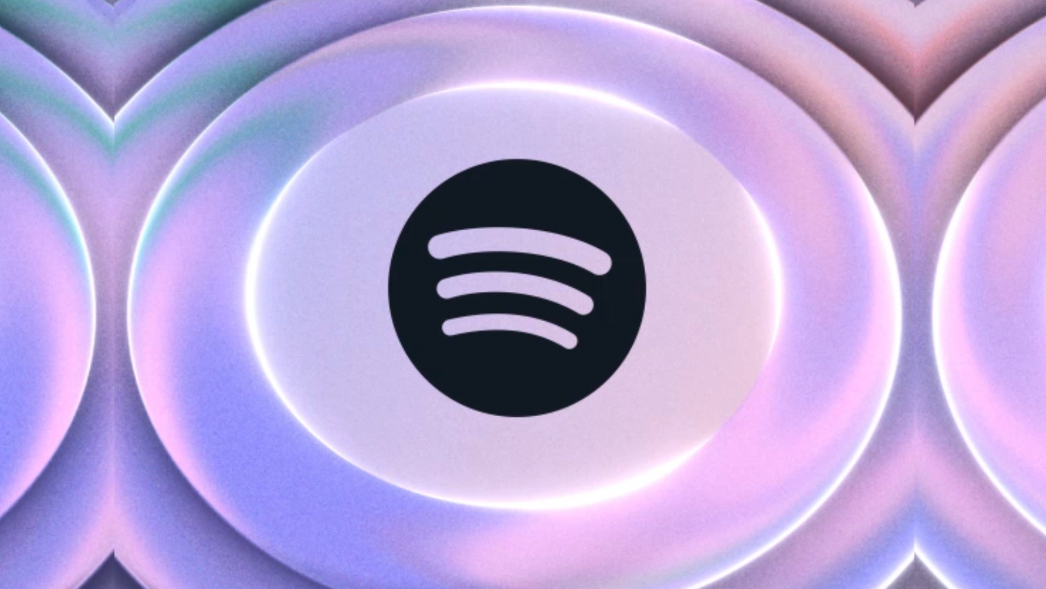
Even though Spotify shocked the world (and made a lot of people very happy) with its Spotify Lossless streaming announcement last week, I still don't think you should use it. In my opinion, it's not the best music streaming service by a long shot, and I think I'm going to switch to Qobuz.
True, it'll be a difficult sacrifice to make — Spotify has great UI, fantastic social features, and it has stood the test of time. But I don't think it's the streaming service is for me anymore. On top of its meagre artist payouts (estimated to be about $0.003-$0.006 per stream), Spotify's CEO has made some investments that don't sit right with me, ethically, and to top it all off, its new lossless streaming rate isn't even that impressive.
As a result, I'm going to switch to Qobuz, which is a French streaming service known for higher artist payouts ($0.018 per stream) and sample rates up to 192kHz. Yes, it's a little pricier, but I think it's worth the investment, and here's why.
Qobuz is our best music streaming service for audiophiles. In addition to its comprehensive music library, Qobuz offers 24-bit, 192kHz streaming quality. Comparatively, Spotify's high-resolution streaming rate tops out at 44.1kHz (a bitrate created in the 1970s for digital audio).
I'll miss Spotify, don't get me wrong
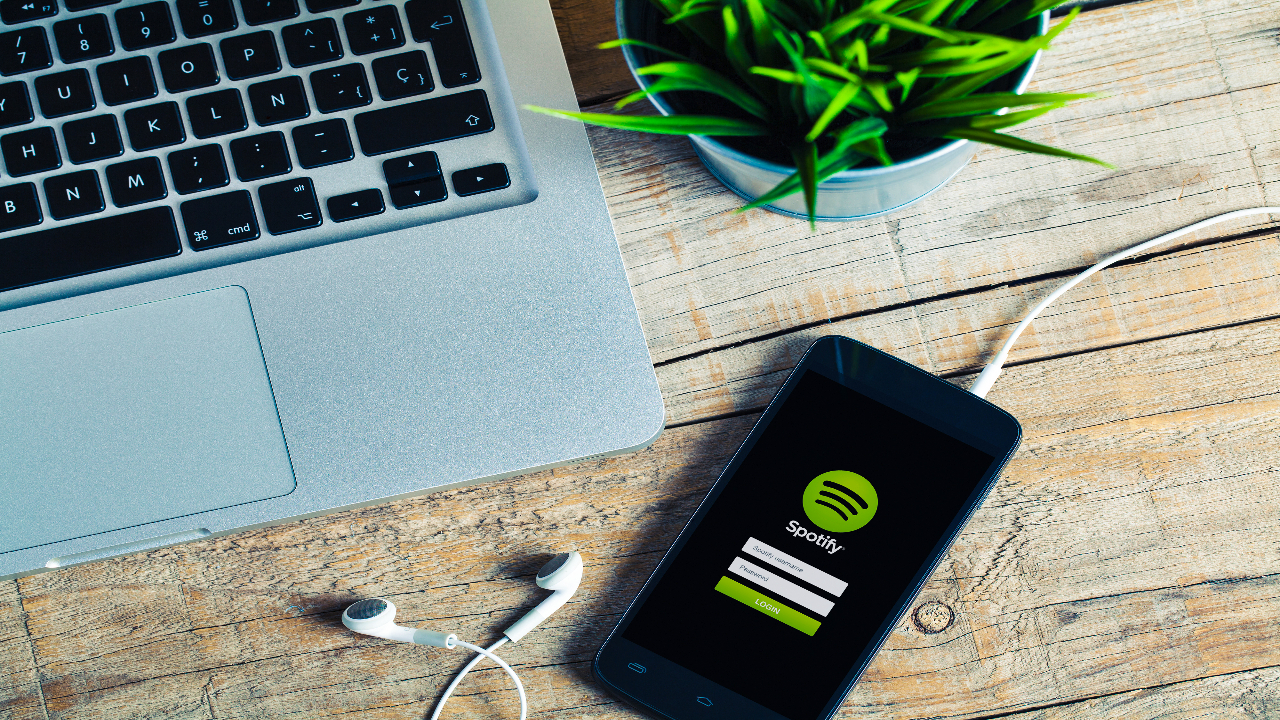
There are many things I'll miss about Spotify.
I, like many others, await Spotify Wrapped Day with barely concealed excitement. The day I wake up, open Spotify, and see my Wrapped has dropped? Oh, I never feel joy like it. Spotify Wrapped Day brings me a unique sense of pleasure that can never be replicated.
Qobuz, if you're reading this, please, I implore you: please bring Qobuz Wrapped to the market ASAP. Ideally, by this December. Thanks!
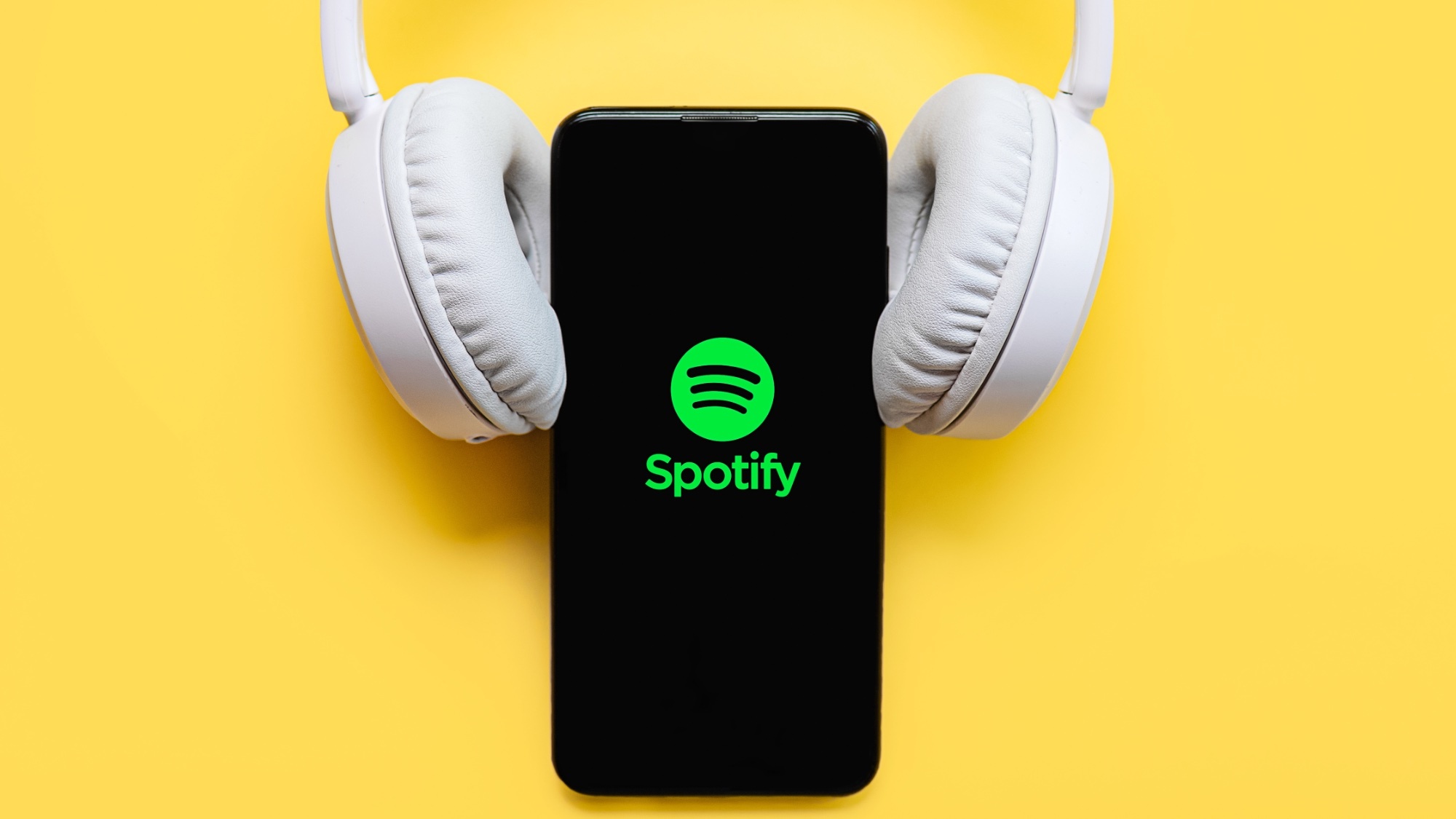
Secondly, I'll miss the second-to-none social features. I'll miss seeing what my friends are listening to in the right-hand column. I'll miss being able to send the Spotify waveform to my friends, and they can instantly load the song. You can do this on Qobuz too, but none of my friends have Qobuz, so they won't be able to play the song. I'll miss the new Spotify DM feature (yes, it's real).
Get instant access to breaking news, the hottest reviews, great deals and helpful tips.
Thirdly, I'll miss how well Spotify's algorithm knows me. I've been using Spotify since January 2009 (my dad has always been one of those very techie types who can smell a trend coming with the sense of a bloodhound), and, oh boy, does it show.
Spotify seems to understand my music taste like no one else. The song radio that plays when an album finishes? All hits. No notes.
I've been using Qobuz on and off for about six months now, and it doesn't quite understand the nuance of my music taste yet. It tends to err on the side of "She likes folk, right?" Qobuz doesn't yet understand that my answer is, "No, not unless it's Julia Jacklin."
Hopefully, this will change with time. But, when I think about it, do I want an algorithm to understand me? Maybe I want to be so idiosyncratic that the robots will never understand the inner workings of my oh-so-unique human brain. Who knows.
Qobuz, however, highlights lesser-known genres like jazz and classical, and will introduce you to a wider range of music. I feel like sometimes my Spotify Daily Mixes are just the same tracks it's always trying to recommend to me.
But Spotify's lossless sample rate isn't even that good
So I'm about to chat about some numbers, so if you don't care about kHz and bitrates, then feel free to scroll down.
Spotify's lossless has a max sample rate of 44.1kHz, whereas Qobuz's max sample rate is 192kHz. In simple terms, this means that Qobuz's music has more samples per second, and therefore is higher resolution. TIDAL also offers a 24-bit 192kHz sample rate.
Whether you'll hear the difference depends on your ears and your listening device, but if you've got a pair of the best earbuds or best headphones, you'll probably notice the change. I use my AirPods Pro 2 for pretty much all my listening, and I can tell a difference between Spotify and Qobuz quality.
Anyway, numbers talk over. The long and short of it is that Qobuz's lossless is, well, more lossless than Spotify's.
And Spotify's pay-per-stream is incredibly low
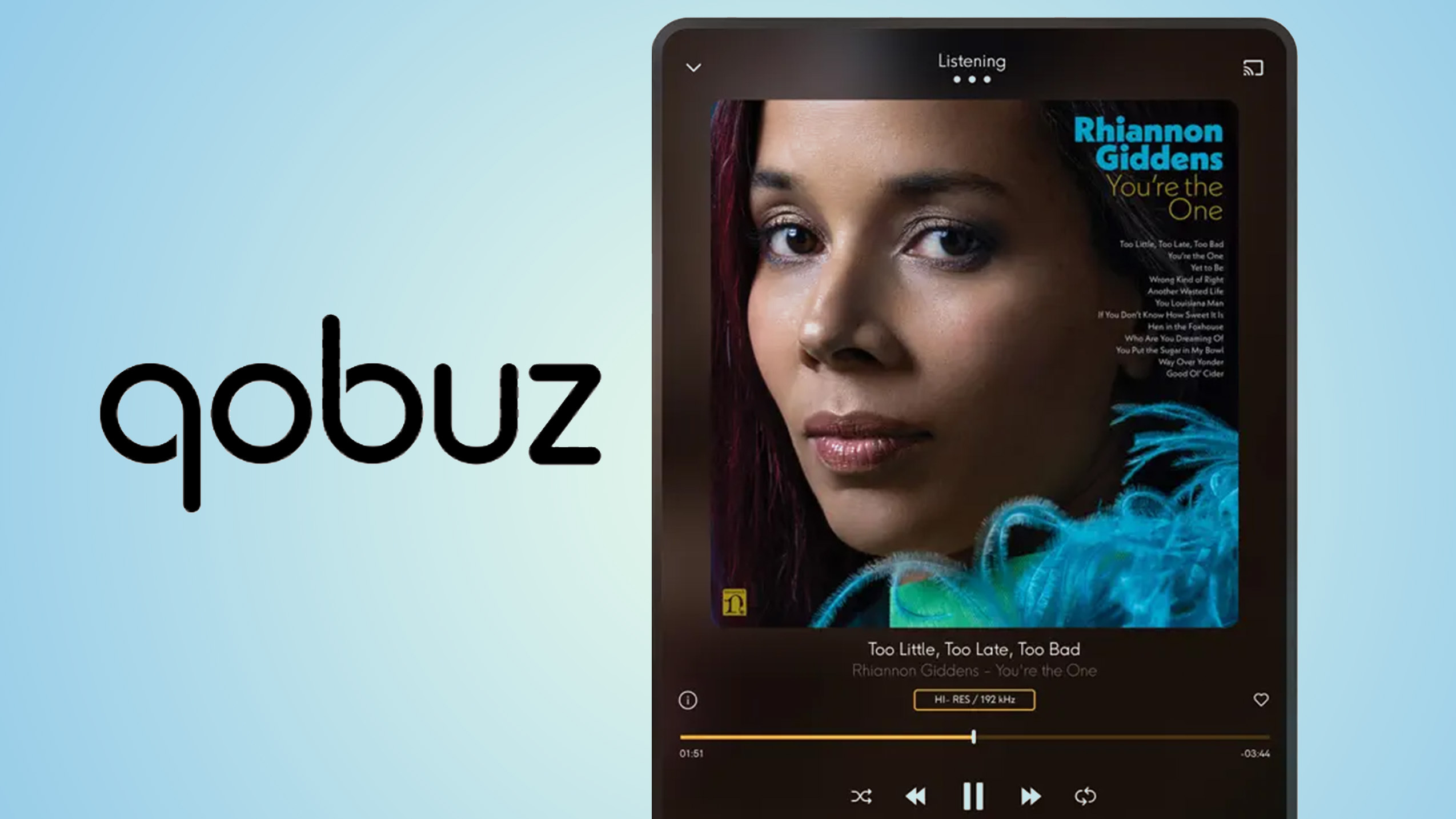
I'm sure you're already aware of this, but Spotify is widely acknowledged to be one of the lowest-paying music streaming services. Spotify is estimated to pay out $0.003-$0.006 per stream, but it doesn't actually announce its payment rates. I wonder why that is.
Conversely, Qobuz publicizes its payment rates, and it's the only streaming service that does.
On its website, Qobuz announced it paid "US$0.01873 per stream" during 2024's fiscal year. It explained that "if a track reaches 1,000 plays on Qobuz, this represents US$18.73 paid to these rights holders".
While yes, "rights holders" doesn't mean artists, this is due to the inner workings of the music industry, not Qobuz itself.
You'd also be surprised to know that TIDAL doesn't publicize its payout figures. While the most common estimate is $0.013 per stream, TIDAL hasn't confirmed or denied this, so we cannot be sure.
Even if that estimate is accurate, though, Qobuz's confirmed payout of $0.018 is much, much higher. And Qobuz willingly publicizes its payouts, which says it all.
The switch isn't overly painful, either
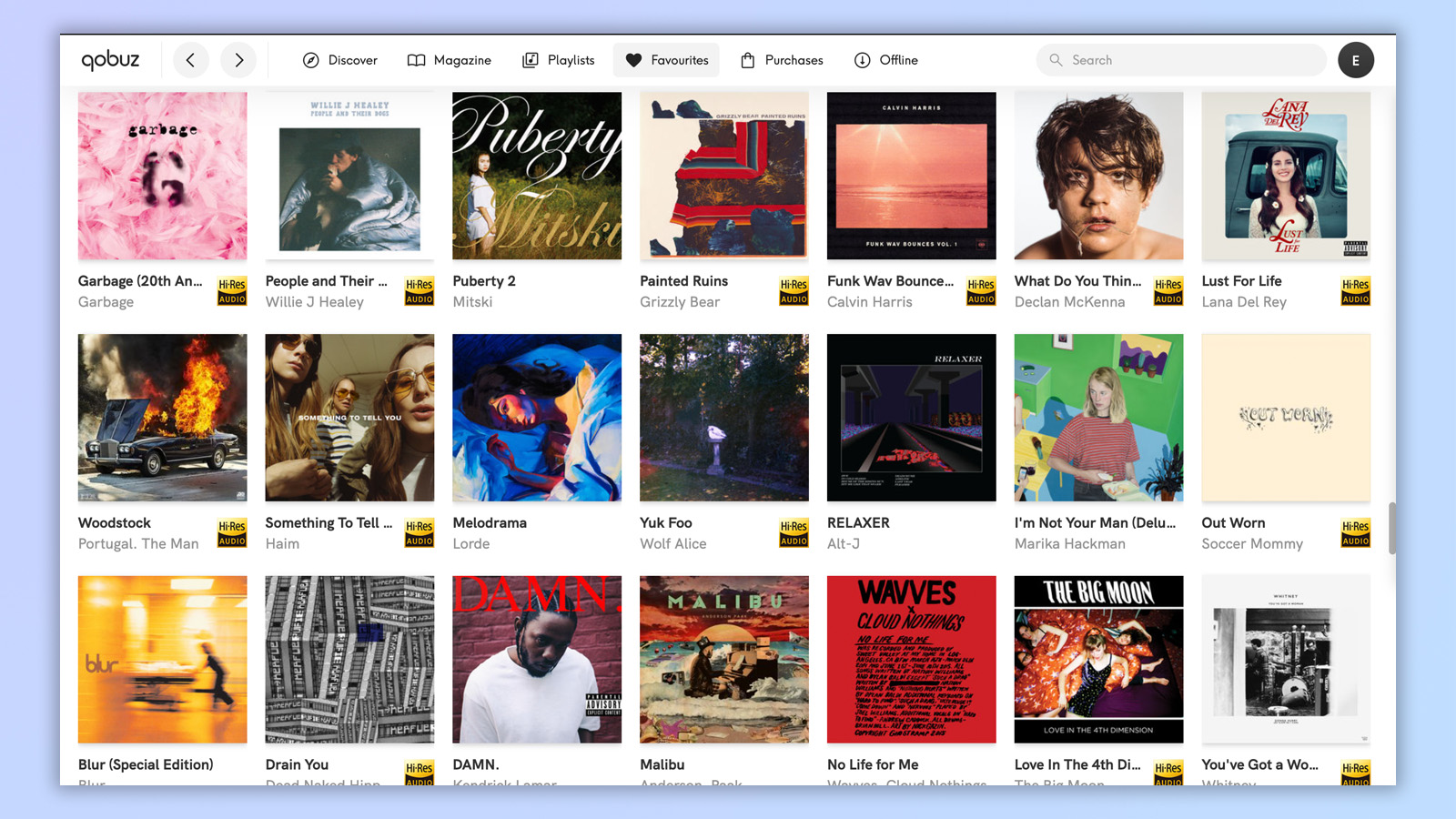
I know copying all your songs and playlists from Spotify to Qobuz sounds like a right pain in the neck, but it's as painless as it can be thanks to Qobuz's Soundiiz partnership. Soundiiz is one of those third-party services that transfers your data from streaming service A to streaming service B. It normally charges a fee, but Qobuz is offering its services for free at the moment.
I'd hop on that while it's available — I'm not sure when or if it'll end. I transferred my Spotify library of around 9,000 songs in an hour or two thanks to Soundiiz, and it was completely stress-free. Now I have all my songs in my Qobuz library, which is a great place to start.
And to tell you the truth, it all sounds a lot better on Qobuz's 24-bit 192kHz stream.
Follow Tom's Guide on Google News and add us as a preferred source to get our up-to-date news, analysis, and reviews in your feeds. Make sure to click the Follow button!
More from Tom's Guide
- AirPods Pro 3 vs AirPods 4: All the key differences
- I wasn’t expecting much when I tested these inconspicuous H2O Audio workout earbuds — but they hooked me instantly
- This premium speaker just made my home audio setup 10 times better — here’s why I love it

Erin Bashford is a senior writer at Tom's Guide, focusing on reviews. She has a Masters in Broadcast and Digital Journalism from the University of East Anglia. As an ex-barista, she knows her way around a coffee machine, and as a music lover, she's constantly chipping away at her dream of having a multi-room home sound system. In her spare time you can find her reading, practising yoga, writing, or stressing over today’s NYT Games.
You must confirm your public display name before commenting
Please logout and then login again, you will then be prompted to enter your display name.
 Club Benefits
Club Benefits





